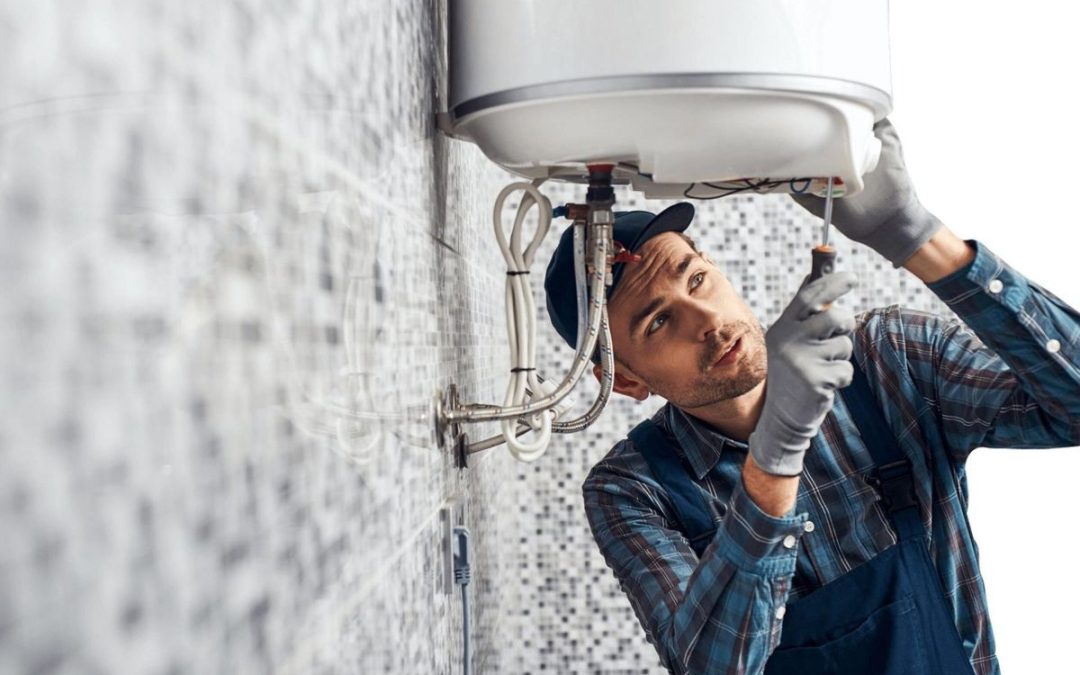Plumbing systems are essential to every Idaho home and business, ensuring clean water delivery and safe waste removal. But what keeps these systems safe, reliable, and up to modern standards? The answer lies in the Idaho Plumbing Code, a set of rules and standards that every licensed plumber and contractor must follow.
Understanding this code is crucial for homeowners, business owners, and plumbing professionals alike, as it governs everything from water line installation to routine repairs.
What Is the Idaho Plumbing Code?
The Idaho Plumbing Code is a comprehensive set of regulations adopted and enforced by the Idaho Plumbing Board and the Division of Occupational and Professional Licenses. Its main purpose is to protect public health, safety, and welfare by setting minimum standards for plumbing design, installation, materials, and maintenance throughout the state. The code applies to all plumbing installations, whether performed by licensed contractors, journeyman plumbers, apprentices, or even homeowners authorized to work on their own properties.
The current Idaho Plumbing Code is based on the Uniform Plumbing Code, which is recognized across the United States for its rigorous technical standards. Idaho’s version integrates state-specific amendments to address local needs and conditions, ensuring that plumbing systems are not only safe but also efficient and sustainable for Idaho’s unique climate and infrastructure requirements.
Licensing and Permits: Who Can Do the Work?
One of the most important aspects of the Idaho Plumbing Code is its licensing and permitting requirements. Only licensed plumbing contractors and specialty contractors are authorized to perform most types of plumbing work in Idaho. Journeyman plumbers and apprentices must work under the supervision of a licensed contractor. Homeowners can perform work on their own property but must still obtain the proper permits and inspections.
Permits are required for nearly all plumbing installations and repairs, including water line work. The Idaho Division of Occupational and Professional Licenses (DOPL) outlines specific permitting procedures and lists which plumbing tasks require state approval, helping both homeowners and professionals stay compliant. These permits ensure that the work will be inspected for compliance with the Idaho Plumbing Code.
Permits are issued to the contractor or eligible party and are valid for one year, with the possibility of renewal. If a homeowner or contractor fails to obtain a permit or violates the code, they may face penalties, including fines or orders to correct non-compliant work.
Key Standards for Plumbing Installations
The Idaho Plumbing Code covers every aspect of plumbing systems, from materials and methods to system sizing and performance. Below are key standards every professional must follow:
Material Standards
All pipes, fittings, and fixtures must meet strict safety and quality guidelines. Common materials include copper and PEX piping, both approved for their durability and long-term performance in Idaho’s climate.
Installation Methods
Plumbing components must be installed using techniques that prevent leaks, contamination, and system failure. For example, plastic piping must be pressure-tested per the manufacturer’s instructions to ensure reliability and code compliance.
Fixture Unit Calculations
The code includes detailed fixture unit tables that help determine the correct pipe sizing and system capacity. These calculations are crucial for ensuring efficient water flow in both residential and commercial properties.
Water Hammer and Pressure Loss
While national codes often require water hammer arrestors in all buildings, Idaho exempts standard residential homes. However, new homes built on slabs or with finished basements must include a pre-plumbed water softener loop for future compatibility with water treatment systems.
Recent Updates and Environmental Considerations
Idaho’s plumbing code is regularly updated to reflect new technologies, environmental concerns, and best practices. Recent changes have included a revised licensing fee structure, updated inspection protocols, and a greater emphasis on water conservation and eco-friendly solutions. Contractors must now undergo additional training to stay current with these changes, and all plumbing work must be compatible with local infrastructure and zoning ordinances.

Environmental considerations are increasingly important in Idaho’s plumbing regulations. There is a focus on water conservation, proper wastewater disposal, and the use of sustainable materials. Plumbing professionals are expected to be knowledgeable about these requirements and to help clients make choices that protect both their property and the environment.
Water Line Installation and Repair: Code in Action
Water line installation and repair are among the most common and critical plumbing services governed by the Idaho Plumbing Code. Whether it’s a new construction or a replacement project, proper water line installation is vital for ensuring a safe and reliable water supply. The code requires that all water main systems be designed and installed to meet specific standards for pressure, flow, and material quality.
When repairing or replacing water lines, plumbers must use approved materials and methods, such as trenchless installation techniques that minimize property disruption. All work must be inspected and tested to verify compliance with the code, ensuring that any leaks, pressure issues, or contamination risks are addressed before the system is put into service.
Why Code Compliance Matters
Following the Idaho Plumbing Code means protecting your investment and your health. Non-compliant plumbing can lead to leaks, water damage, contamination, and costly repairs down the line. By working with licensed professionals who understand and follow the code, homeowners and businesses can be confident that their plumbing systems are safe, efficient, and built to last.
Schedule Code-Compliant Plumbing in Bayview Today
If you’re for reliable plumbing that meets Idaho’s strict code standards, Burkhart Plumbing delivers expert service backed by licensing, permits, and years of experience in Bayview and the greater North Idaho area. From water line installations to emergency leak repairs, we follow every regulation to ensure your plumbing is safe, efficient, and built to last.
Call now or contact us online to schedule your service with a trusted local plumber who gets the job done right the first time.

